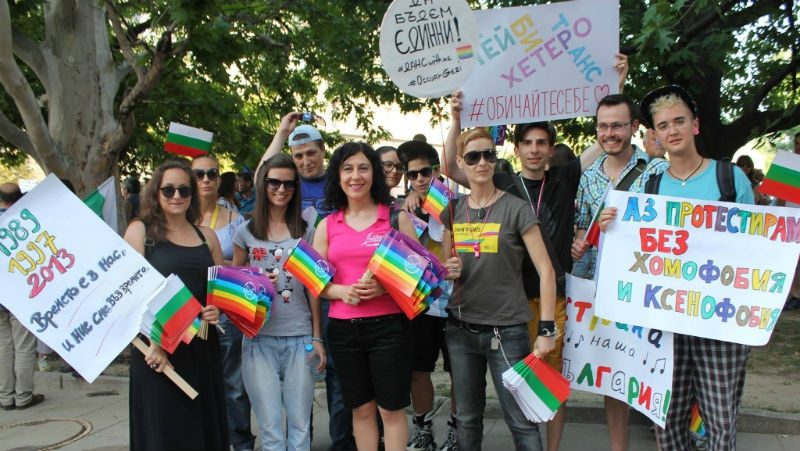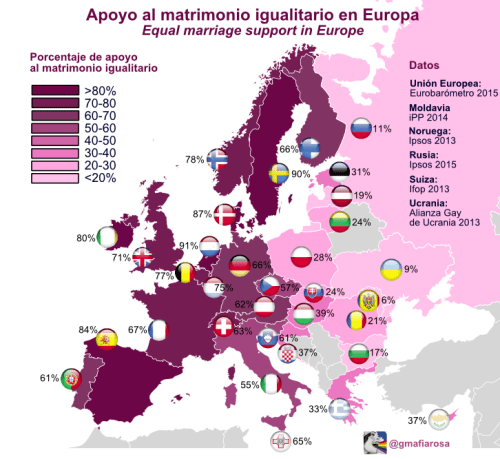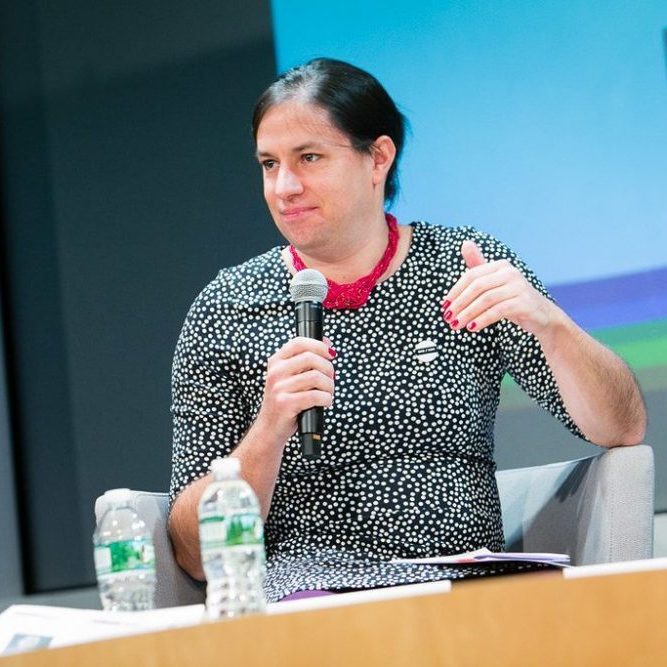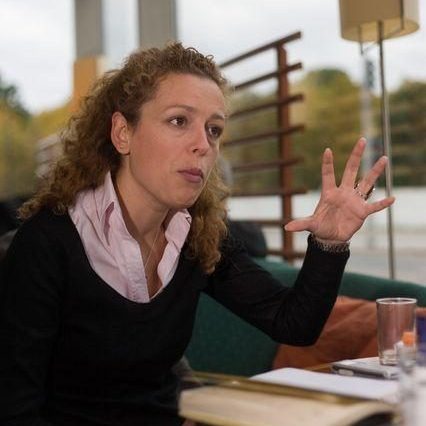
Following Europe’s journey to marriage equality.
The famous American author, John Steinbeck, said: “A journey is like marriage. The certain way to be wrong is to think you control it.” If one were to expand Steinbeck’s words, many people nowadays believe that they should control marriage, or more specifically, who can and cannot marry.
After the landmark decision of the US Supreme Court and the historical referendum in Ireland this year, the first significant steps on the journey toward marriage equality have been made. However, there are parts where marriage equality is more of an unthinkable mirage than a thinkable marriage. For instance, most of the countries in Eastern Europe are still on the homophobic end of the rainbow of tolerance. According to a survey carried out by Eurobarometer (a series of public opinion surveys conducted regularly on behalf of the European Commission) in 2015, 61% of the weighted average for the 28 member states support the legalisation of same-sex marriages throughout Europe. Nonetheless, the survey shows that eastern European countries are still far behind in the equal marriage support journey.
According to this survey, the lowest percentage of support for same-sex marriages comes from Bulgaria – only 17% of the people think that these marriages should be allowed throughout Europe.
These results do not surprise, given that even leading Bulgarian politicians have set the path to homophobia free with statements such as: “Same-sex marriages do not rest on healthy ground. In a relationship between two women, the one cannot play the father’s role, and the other – the role of the mother.” These are the words of an ex-chairman of the parliament when discussing the project for a new Family Code.
Nevertheless, Europe has its milestone from 2015 as well. This was the decision of the European Court of Human Rights in Strasbourg, France. In the case of Oliari and Others v. Italy, the Court ruled unanimously that the European Convention on Human Rights provides a right to the legal recognition of same-sex couples. This precedent decision might become the trigger for a future common legislative framework of the European Union on this matter. However, given that the refugee crisis is spreading across Europe, it can be concluded that same-sex marriages are not a priority at this moment and might have to wait for better times.
on Human Rights provides a right to the legal recognition of same-sex couples. This precedent decision might become the trigger for a future common legislative framework of the European Union on this matter. However, given that the refugee crisis is spreading across Europe, it can be concluded that same-sex marriages are not a priority at this moment and might have to wait for better times.
As a citizen of a minor, primarily homophobic country, I have heard many different opinions on marriage equality, but there is one that stands out.
During a Family law lecture at a leading university, a young lecturer talked about marriage as the union between a man and a woman and stated: “Thank God, we do not yet legally recognise same-sex marriages”. As discouraging and hopeless as this statement might sound, I prefer to count on the “yet”. All that would matter in the end will not be the destination, but the journey of people’s minds, opening towards tolerance. And the trip to Europe is not over yet.



